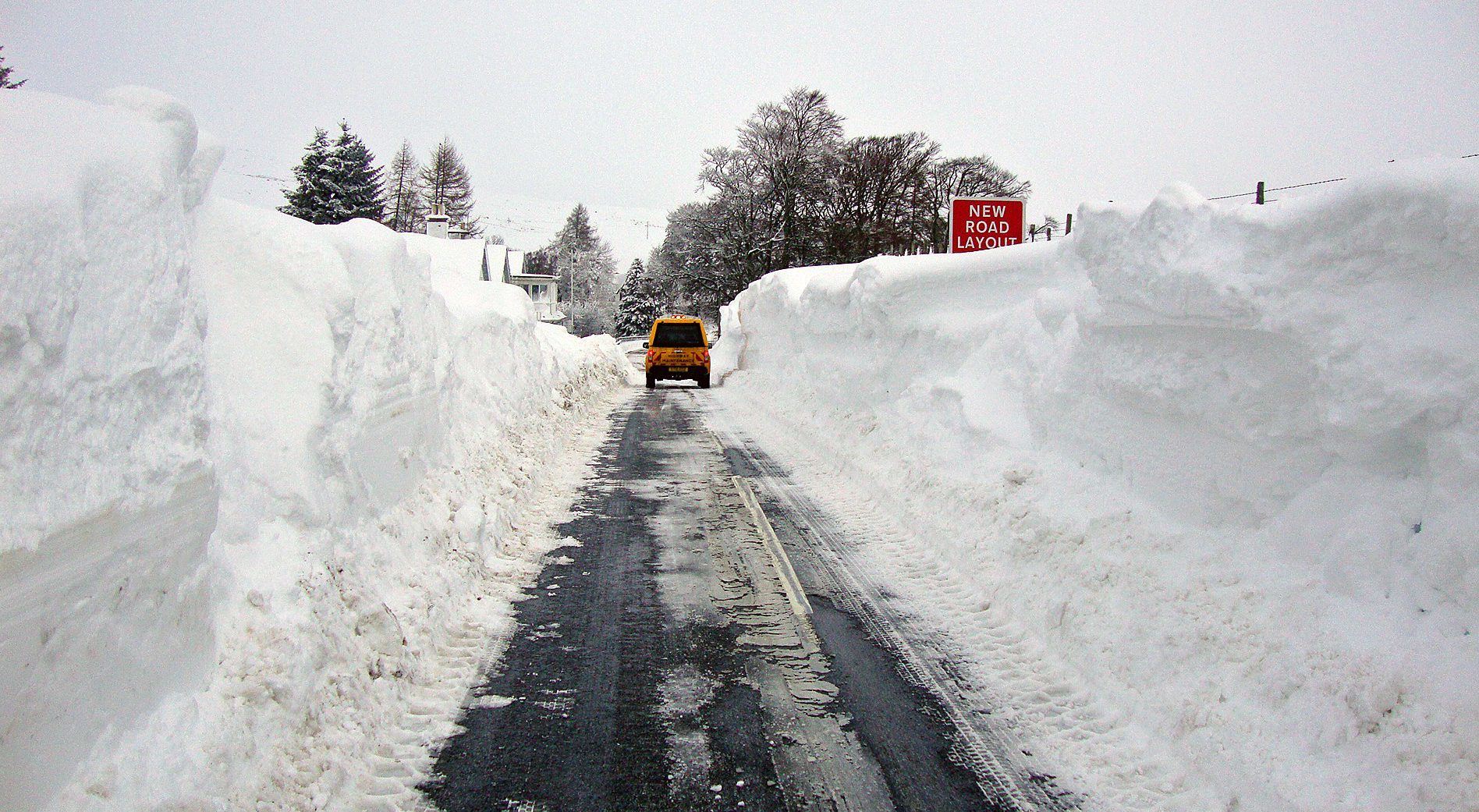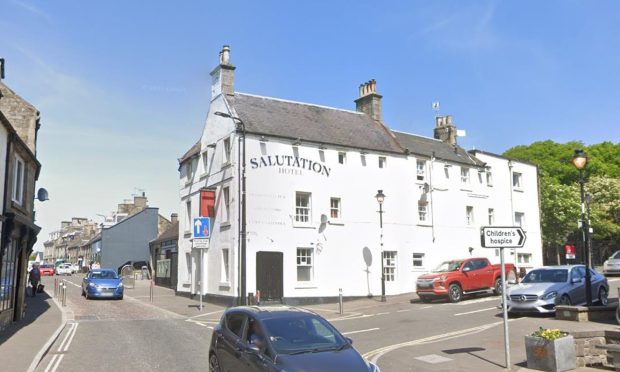The council has pledged to do all in its power to keep the roads and pavements in Perth and Kinross clear of snow and ice this winter but has appealed to the public to play their part.
Members of the enterprise and infrastructure committee will receive an update on the council’s winter service arrangements on Wednesday.
This year’s efforts will be helped by the introduction of a number of replacement vehicles, including two new gritters and two smaller tractors for clearing paths.
“There is no room for complacency when it comes to planning for winter weather,” said committee convener Councillor John Kellas.
“We are committed to ensuring that our winter maintenance programme makes the most efficient use of resources and is the best it can be. This is to give our residents peace of mind if it is absolutely necessary for them to take to the roads during adverse weather conditions.”
Mr Kellas said community spirit could help to ensure the winter passes smoothly.
“Due to the huge responsibility for the roads and footpath network I would like to take this opportunity to appeal to local people to provide where possible any assistance they can, especially with keeping an eye on elderly and vulnerable people to make sure that they are warm and safe,” he said.
“Help from residents is always welcome, such as the assistance we receive annually from our local farmers who clear snow on specified lengths of public roads on a voluntary basis. I would also like to take this opportunity thank everyone in advance for their efforts should we experience adverse weather conditions this winter.”
The official winter service will operate from October 10 to April 9 next year. All roads and paths are categorised according to priority.
Almost 900km of the council’s 2500km road network is designated as having high priority for winter service — meaning they should receive precautionary treatment in a bid to keep them ice-free.
The council operates a similar priority scheme on pavements.
The authority also confirmed a brine solution — which has been used in previous years instead of traditional rock salt — will again be as a de-icing treatment in some parts.
Around 1300 grit bins will also be provided, encouraging communities to self-help where minor roads cannot be treated routinely.










